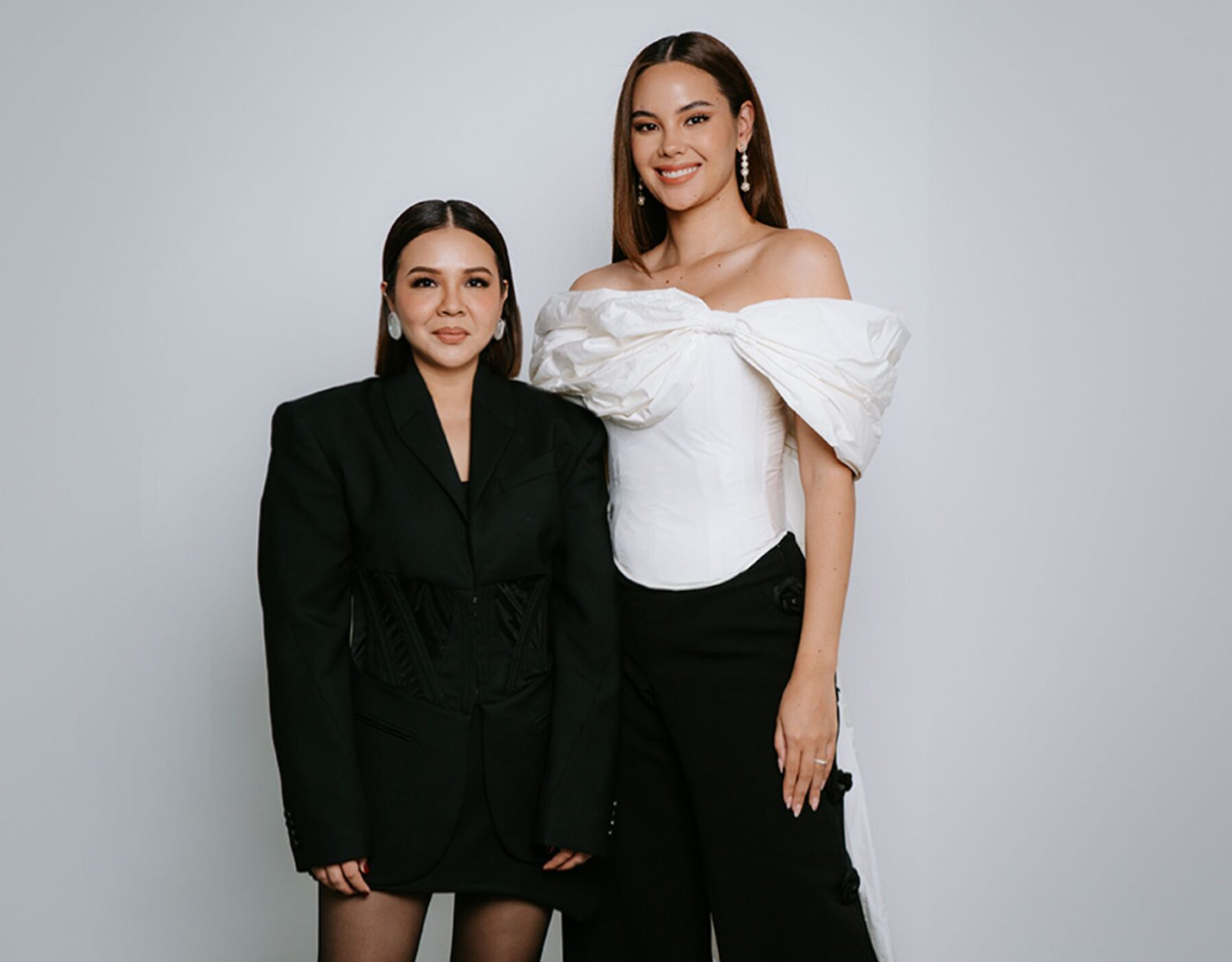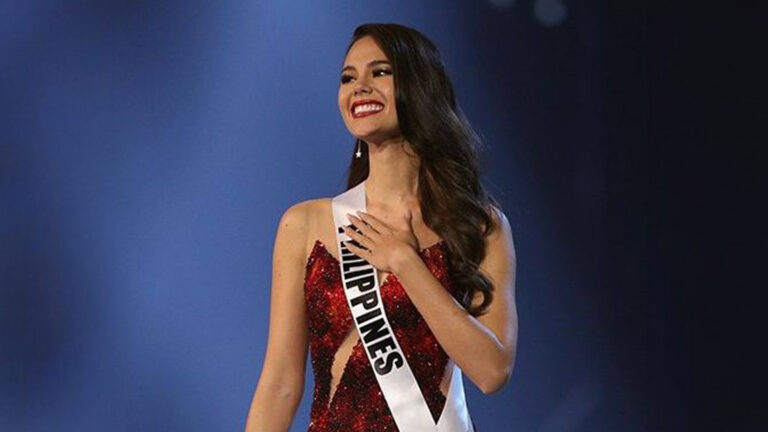Real Talk
Catriona Gray on Embracing the Filipino Identity
During a Mega Podcast interview, Miss Universe 2018 Catriona Gray talked about the initial challenges of embracing her Filipino roots.
Filipinos, or half-Filipinos raised abroad, face the challenge of getting to know their culture—more so if their parents do not teach the language or culture to them. This was something Miss Universe 2018 Catriona Gray initially grappled with during her childhood.
Speaking to Mega Editor-in-Chief Pewee Reyes-Isidro on the magazine’s podcast, the Filipino-Australian beauty queen and NCCA cultural ambassador shared the challenges of getting to know her Filipino heritage at the start while growing up in Australia.

“I think the greatest difficulty was not from understanding or speaking the [Filipino] language,” she said. “Growing up, my mom never spoke to me in Tagalog. I think it was for her to assimilate into working in Australia and maybe out of respect for my dad so that we would converse together.”
“I grew up without understanding [the Filipino language],” she added. “So moving here was a blank slate. I don’t have any excuse for it now because I have been here for so long, but knowing one’s language allows you to connect and understand things now because I understand the language.”
Discovering her Filipino heritage
Although the language was challenging in the beginning, the values weren’t for the Love Yourself spokesperson. “In terms of family or the core values in what make Filipino people who they are, I think that wasn’t so foreign to me because my mom I think embodied that. She carried it through my childhood,” she explained.
“And traveling to the Philippines, I had that familiarity… it didn’t feel foreign in discovering my Filipino heritage,” she added.
She did admit, however, that when she represented the Philippines in the Miss Universe pageant she needed to immerse and learn more about the culture further. “If I was raised in the Philippines, I probably wouldn’t have that curiosity or interest the way I do.”
Catriona Gray on appreciating Filipino culture
Catriona, who has been an advocate for Filipino culture and heritage as an NCCA culture and arts ambassador, said that she has grown to appreciate and understand the stories behind it.
“I have such a great and deeper appreciation of our Filipino culture. Especially the carried-down traditions like textiles, different jewelry making, and just the way of life,” she said. “Because if you look back at history, the way people’s livelihoods were created, carried out through their language and carried down through generations, it speaks so much about who they are as people.”
Having traveled in parts of the country, Catriona said that she would love to learn more and promote it in the future. The interview also discussed her years in Australia, growing up as an only child, and why she has immersed herself in social issues.
Learning about one’s culture is not overnight
Filipinos have always been one to embrace their heritage when someone is successful—hence the battle cry of Pinoy pride. But at the same time, they are also critical when one is “not Filipino enough,” just because they don’t know how to speak the language.
The thing is, society is now multicultural and many Filipinos have been married to other foreigners. Although it’s important to learn the Filipino culture, embracing one’s identity will depend on the upbringing of the child or if the child is curious. Never judge people just because they can’t speak the language. Sometimes, being Filipino is in the heart.
More about multicultural families!
Moments Like This: Anna Gomez on Weaving Stories About Life Abroad
Why Miss Universe 2022 R’Bonney Gabriel is Proud of Her Filipino Roots
Celeste Cortesi’s Outfits are Stories Inspired by Kids and Her Dad





